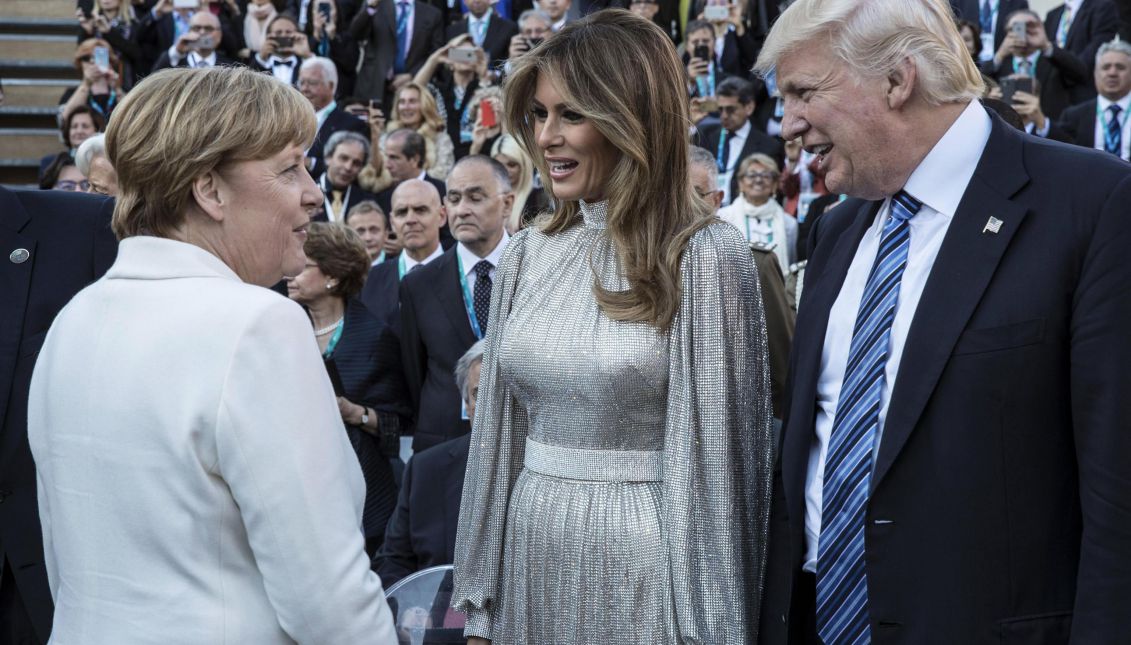
Merkel: Europe must take care of herself, 'can no longer rely on allies' after Trump and Brexit
The chancellor of Germany on Sunday said that Europe cannot completely depend on its allies and must take control of its own fate.
After three days of meetings with European leaders, Donald Trump came back to the US on Sunday feeling proud of what he reached for America on his first trip abroad as president:
"Just returned from Europe. Trip was a great success for America. Hard work but big results!," he tweeted.
But back in Europe, impressions were quite different.
On Sunday, the chancellor of Germany, the most influential leader in the EU, said that Europe cannot completely depend on its allies and must take control of its own fate, clearly referring to the US.
Angela Merkel's comments came a day after the end of the G7 summit, during which the many differences between the current Trump Administration and Europe were highlighted. The differences were mainly based on Defense issues(Nato) and the US position towards Russia.
RELATED CONTENT
While in Europe, Trump criticized European counterparts for not contributing enough to the Nato funding, thus, making the military alliance inefficient.
On the other hand, European leaders criticized Trump for his lack of commitment on Climate Change commitments.
"The times in which we could completely depend on others are, to a certain extent, over. I've experienced that in the last few days," Merkel said at a CDU election rally in Munich.
"We Europeans truly have to take our destiny into our own hands," the chancellor added, while stressing the importance of maintaining good relations with the US and the United Kingdom, and improving ties with Russia, as reported in EFE.
"Where Germany can help, Germany will help, because Germany can only do well if Europe is doing well," she declared.
In Brussels, Donald Trump said that Germany was “very bad” because of its trade surplus (Germany is Europe top exporter) and the fact that "ome German car companies manufacture in Mexico for importing into the United States, even though many of them produce cars in American factories with American workers", as reported in The New York Times.











LEAVE A COMMENT:
Join the discussion! Leave a comment.